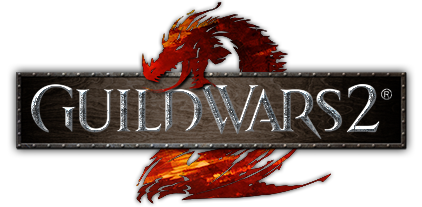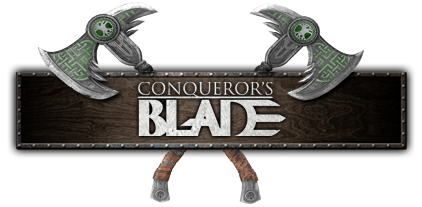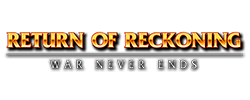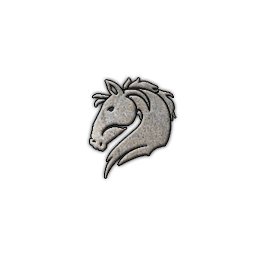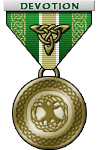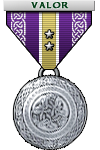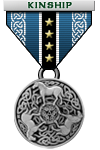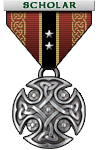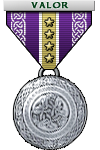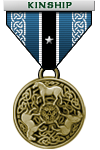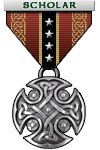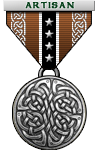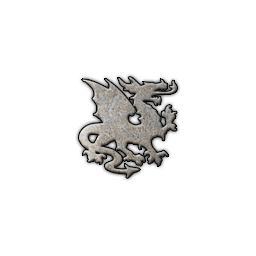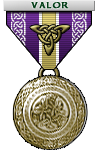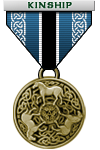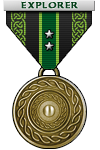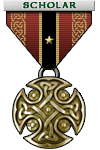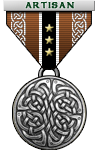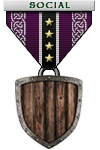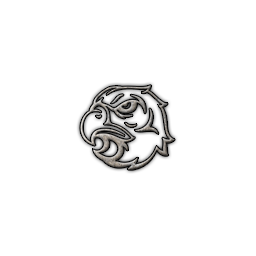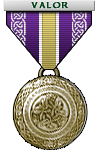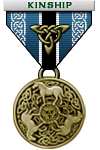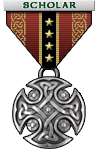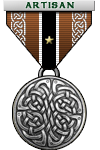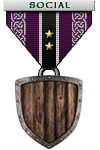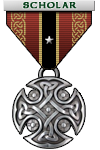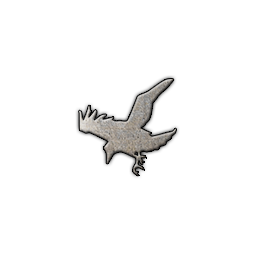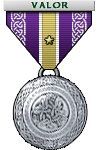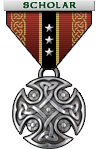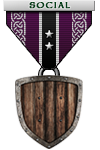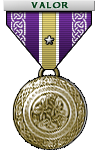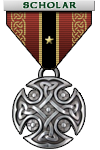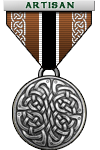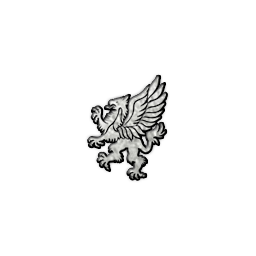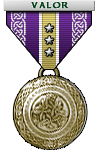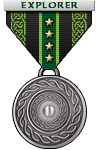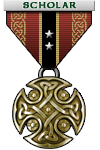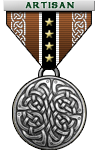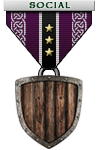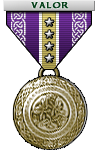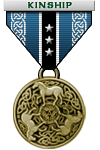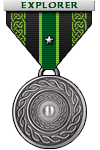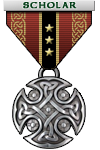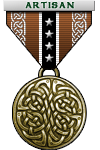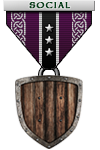Most home users don't get hacked or have passwords stolen from viruses, spyware, or actual system intrusions. The most common way people get hacked is by using the same or similar passwords at multiple sites. When one of these sites is hacked, which is increasingly common these days, all the sites you visit and use that same email and password are now at risk. As gamers we often use the same identity in every game we play and make the mistake of using the same password with every game.
Here's a good trick to use a similar password at every site, so you can remember your password but avoid using the exact same password. Most password storage is in hash format - meaning the password is encoded with a bunch of gibberish and a key. The key is disposed of so that the password can never be decoded, but the hashed format is used and cannot be decoded. Pick a root word for your password, then tack on a few characters at the end to identify the game. So what you memorize is the root word (used at all games) and the convention you use for the "game characters" at the end.
Examples: (root word / game characters)
passwd#guwa2 > guild wars 2
passwd#ri0 > rift (add a 0 for first gen games just to maintain your convention)
Saved in hash those two words would look very different from each other, but you the user only have to memorize your word (preferably not an actual dictionary word, pick a nickname or spell the word wrong) and your special convention at the end.
Also, passwords, no matter how scrambled using lowercase, uppercase, specials, and numbers, are only as secure as the length. This is why most IT security managers now promote pass-PHRASES. Essentially passphrases are infinitely more secure. Passphrases simply combine a number of dictionary words into one long word. It makes it easy for you to remember and nearly impossible to be brute forced - going past 30 characters or so would take even a networked cloud of computers years to crack.
You can pick words that make no sense together (like "fourteenContagiousWatermelonChartreuse") but given the uniqueness of the phrase it should be easy to remember! Or pick something like "MadonnasNegligeeLooksBetterOnColbert" - the phrase grammatically makes sense but who would guess that (except maybe Colbert, he'd agree).













